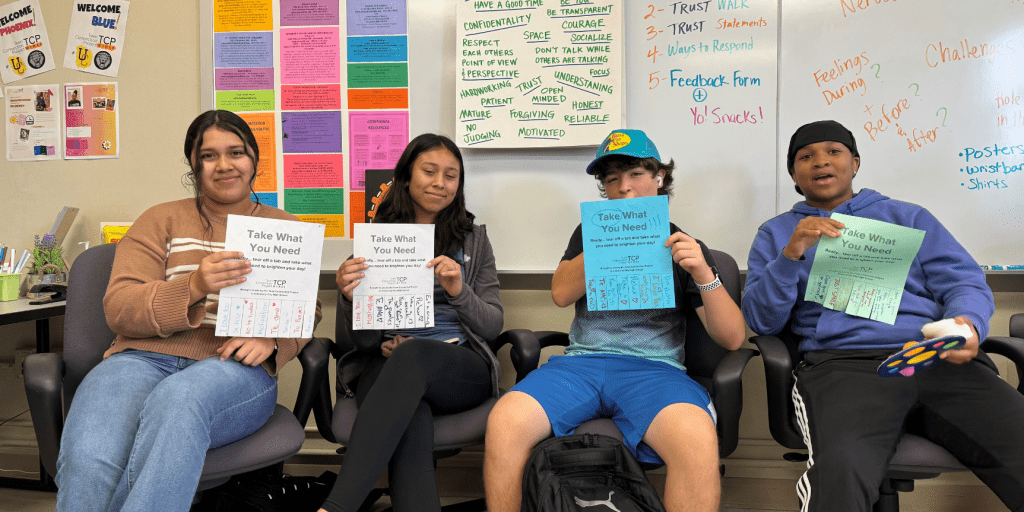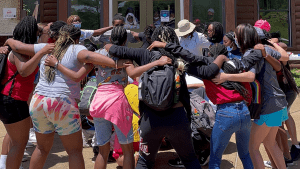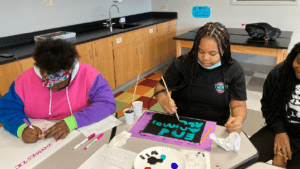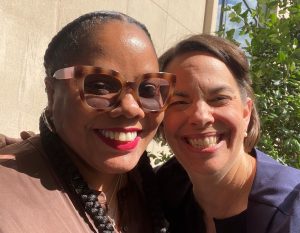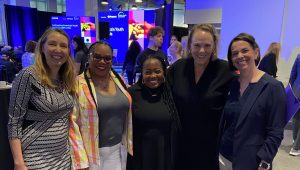By Allison Williams, President & CEO
U.S. Surgeon General Vivek Murthy has issued an advisory and call to action to address an epidemic currently plaguing our country – loneliness, isolation, and social disconnection. Even prior to the COVID-19 pandemic, this crisis was impacting about half of the people in our country.
The advisory cites an array of negative impacts on individual health and well-being, including:
- A greater risk of disease and illness,
- Higher levels of depression, anxiety, and thoughts of suicide, and
- Lower academic achievement and work performance.
Those at greatest risk for these outcomes include members of marginalized groups as well as youth and young adults. As experts in youth development, Wyman staff know how dramatically this epidemic of loneliness is impacting teens today.
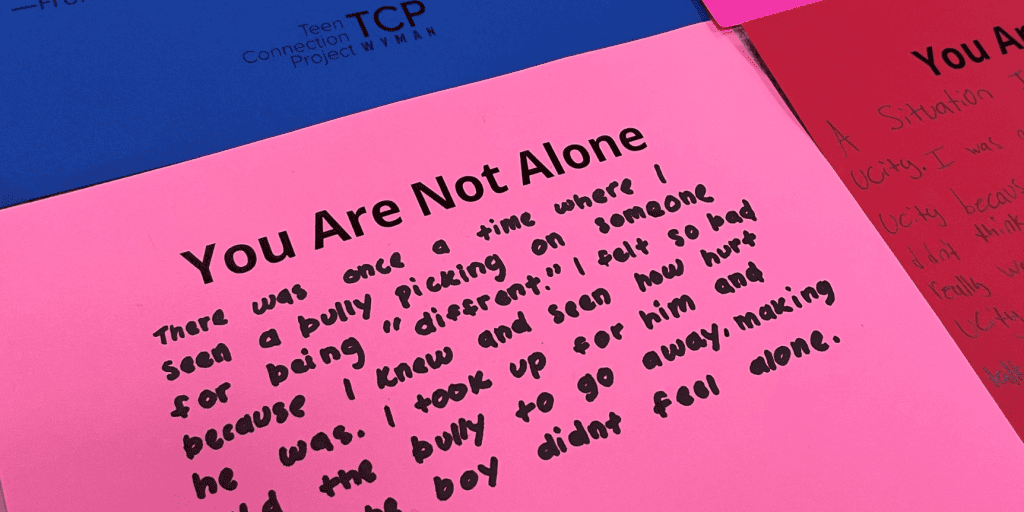
The impacts of loneliness and isolation on youth were further highlighted by the results of the Centers for Disease Control’s nationally representative survey of high school students in 2021, in which:
- 37% of students reported they experienced poor mental health during the COVID-19 pandemic,
- 44% reported feeling persistently sad or hopeless during the past year, and
- Experiences of racism were high, and lesbian, gay, and bisexual youth and female youth reported greater levels of poor mental health.
Also in 2021, the U.S. Surgeon General released an advisory calling the mental health of our nation’s youth an “urgent public health crisis”. And, the American Academy of Pediatrics, American Academy of Child and Adolescent Psychiatry and Children’s Hospital Association declared a national emergency in child and adolescent mental health.
In the face of these challenges, Dr. Murthy reminds us, “we have the power to respond. By taking small steps every day to strengthen our relationships, and by supporting community efforts to rebuild social connection, we can rise to meet this moment together. We can build lives and communities that are healthier and happier.”
We join Dr. Murthy’s call for a National Strategy to Advance Social Connection, and we have specific insights and outcomes from our work with young people to add to the conversation.
At Wyman, social connections and relationships are at the heart of the work we do with young people – and they are foundational to strong long-term outcomes, like educational and career success, life and leadership skills, and healthy behaviors. We remain ready to support adolescents directly, and with our partners regionally and nationally.
The research on social connections, and Dr. Murthy’s call to action, reinforce what we have known at Wyman for over 125 years – healthy relationships with peers and adults are critical to teens’ health, well-being, and positive life trajectories. Most importantly, we can be intentional about creating and sustaining strong social connections. Wyman’s Teen Connection Project® (TCP®) presents one opportunity for us to support these healthy connections.
TCP is an engaging, evidence-based program for high school students that focuses on building healthy relationships and connections, and on the well-being of teens. A three-year research study of TCP showed positive impact on the quality of peer relationships, social coping, emotional well-being (including lower levels of depressive symptoms), and school engagement. TCP is currently being implemented by Wyman and eight partners across three states, with expansion into at least three more states expected later in 2024. More than 500 teens in St. Louis and across the country participate in TCP each year.


TCP is one way that Wyman and our partners can promote health and healing among young people. And at Wyman, we commit to doing even more by:
- Providing the nearly 30,000 youth Wyman and its partners serve across the country with proven programs centered on quality connections and relationships.
- Ensuring our training of youth-serving adults elevates the importance of youth-to-adult and youth-to-youth connections, and provides tools and resources to do the same.
- Understanding the components of relationships and social connections that are most impactful for young people, and sharing this with others in the field.
- Engaging with policy makers, funders, and partners around the priority of social connections.
- Ensuring the Teen Connection Project reaches as many teens as possible through collaborations with policy makers, funders, and partners.
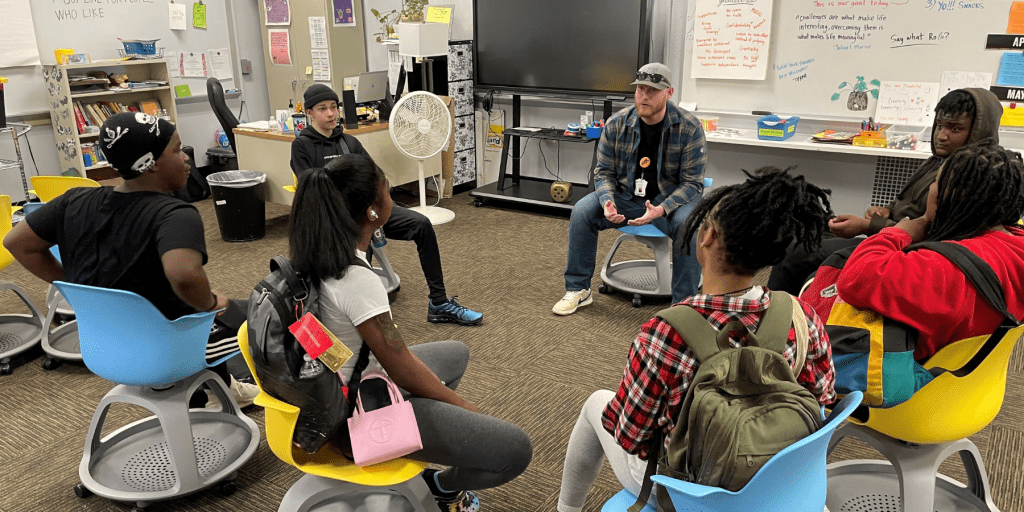
In the coming months, we will continue to share our approaches to supporting and building social connections among adolescents, and invite youth-serving organizations, educators, policy makers, funders, teens and their families, and anyone who cares about our nation’s young people to join in the conversation and the movement.
Social connections are our human superpower. Let’s use these superpowers to build a movement of hope and healing.



